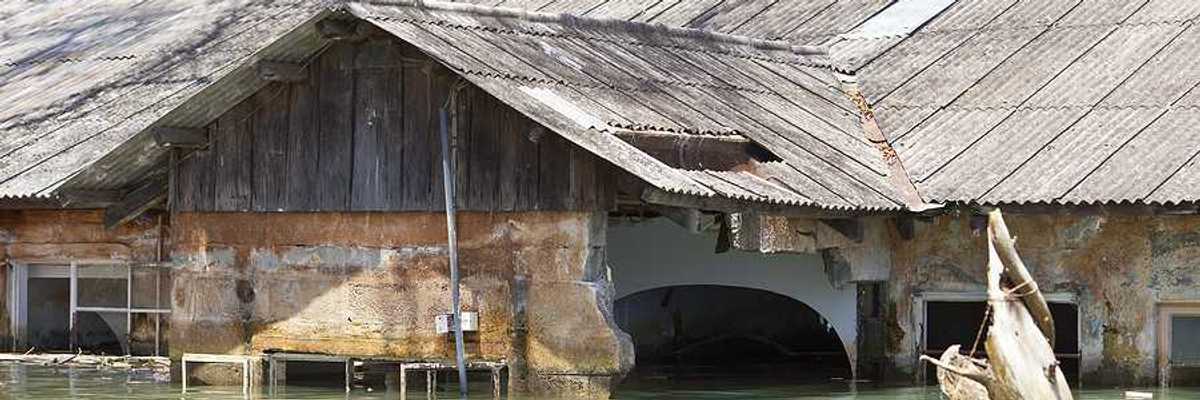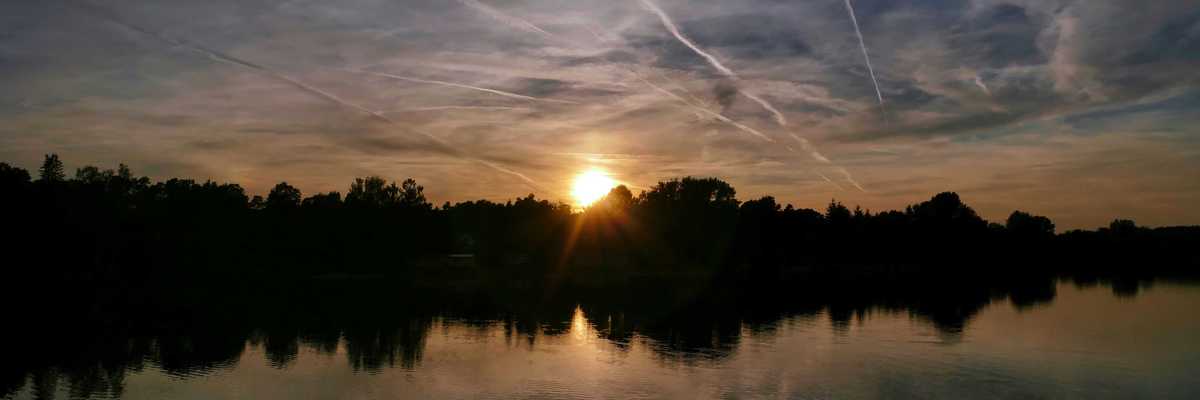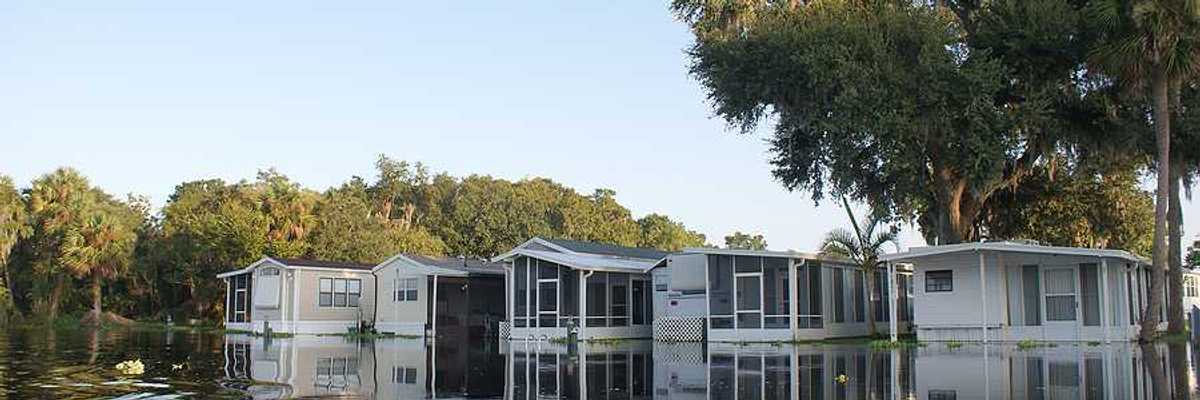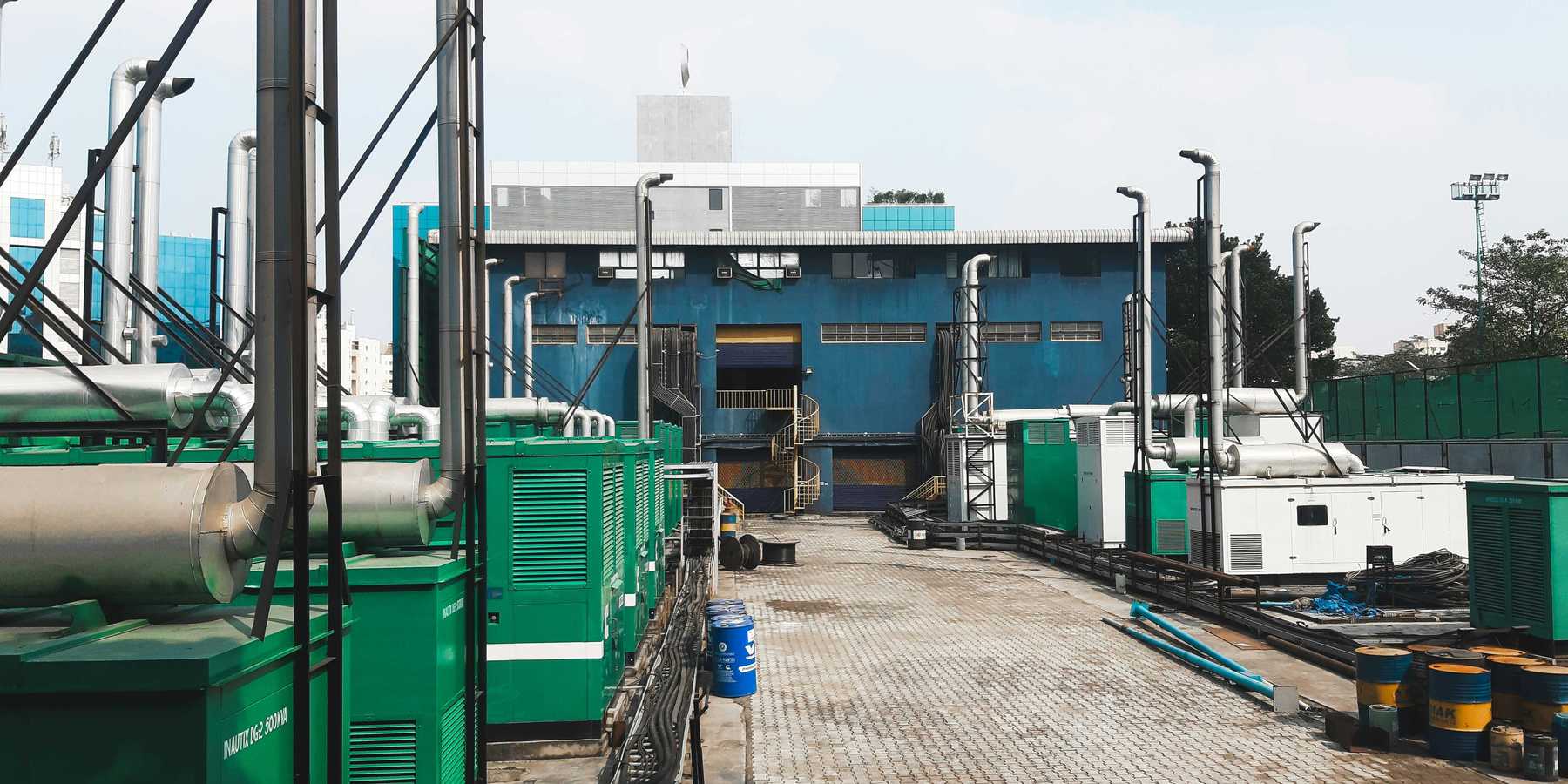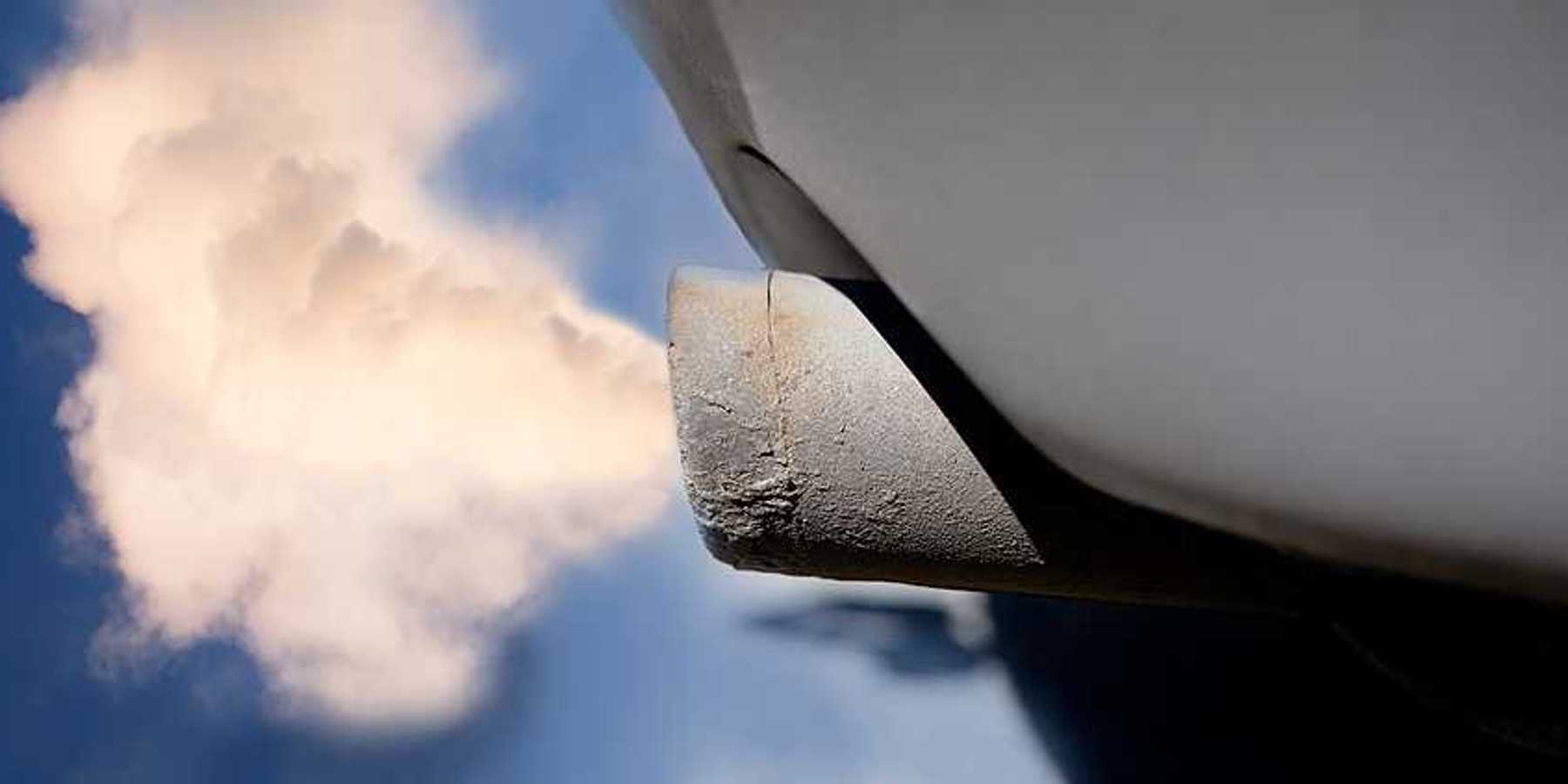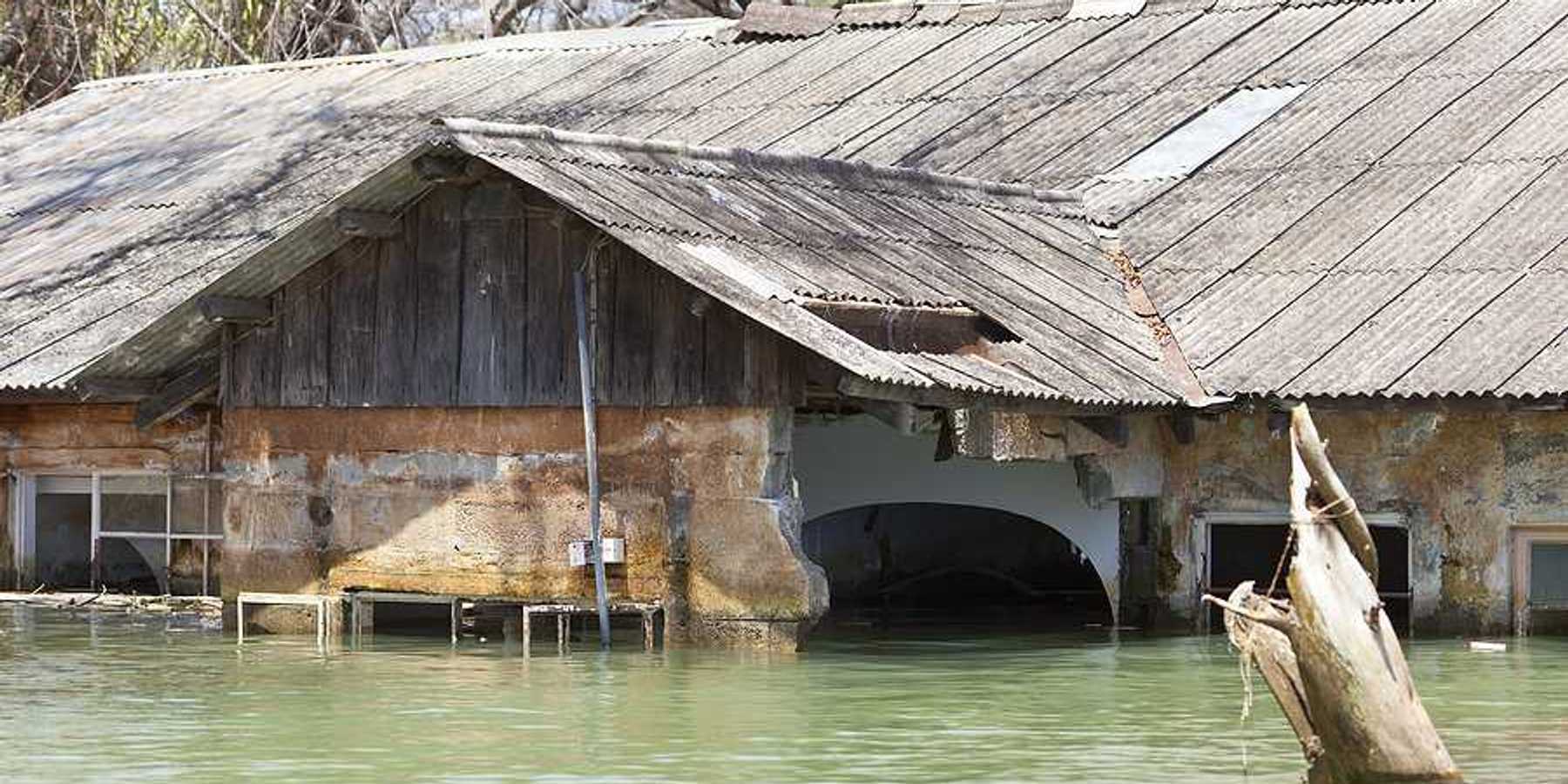co2 pipeline
Midwest landowners rally against CO2 pipeline plans
Enticed by hefty federal investments in carbon capture technology, companies are pitching vast pipelines to transport CO2 through the heartland. In Illinois, a retired scholar rallied her community to challenge a pivotal pipeline proposal.
In short:
- Research professor Kathleen Campbell spearheaded a campaign against a CO2 pipeline threatening her home and retirement.
- The proposed pipeline faced strong opposition, leading to its cancellation, highlighting the power of organized landowner resistance.
- The pipeline was part of a controversial climate solution involving carbon capture, facing scrutiny over safety and efficacy.
Key quote:
“Even if the carbon dioxide can be injected underground, there is no guarantee that it will stay there and not leak into the atmosphere."
— 2022 report from the Institute for Energy Economics and Financial Analysis
Why this matters:
The pipeline debate underscores the tension between climate change mitigation efforts and the impact on local communities. It's a microcosm of the national dialogue on balancing environmental progress with human costs.
Question for the reader:
How do you balance the need for environmental initiatives with the rights and safety of individuals in affected areas?
In this op-ed for EHN, Seth Mullendore argues that those holding up carbon capture and hydrogen as new climate solutions are leading us down the wrong path.
AI-based tools helped produce this text, with human oversight and editing.
Can a CO2 pipeline developer change how farmers are treated?
The CEO of Summit Carbon Solutions says his company will treat landowners well. Critics say he's making empty promises, reports Mike Soraghan for E&E News.
In a nutshell:
Lee Blank, CEO of Summit Carbon Solutions LLC, the company behind the world's largest carbon dioxide pipeline project, pledges improved treatment of farmers compared to previous pipeline developers. The $5.5 billion project aims to transport CO2 from Midwest ethanol plants to North Dakota for disposal, aligning with President Joe Biden's climate goals. Farmers' support is crucial, but opposition has arisen due to concerns about land damage and private company authority. Blank highlights Summit's farmer-friendly terms, including compensation for crop loss and pipeline damage, but critics argue the terms fall short compared to renewable energy projects. Summit's pipeline plan recently faced rejection from North Dakota regulators.
Key quote:
“There’s nothing good about this,” said Jess Mazour, a program coordinator with the Sierra Club’s Iowa chapter who is organizing opposition to CO2 pipelines in the Midwest.
The big picture:
CO2 pipelines can have dire health consequences for both the environment and nearby communities. These pipelines carry asphyxiants that can kill people and animals if they leak or rupture. The construction and operation of such pipelines can also lead to the destruction of farmland, disrupting agricultural practices and potentially reducing crop yields.
Read the article at E&E News.
In 2022, EHN columnist Peter Dykstra explained why pipelines have become a regular item in the news cycle in recent years.


